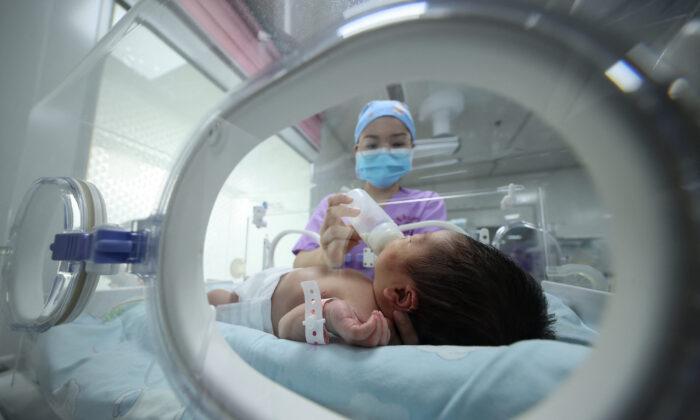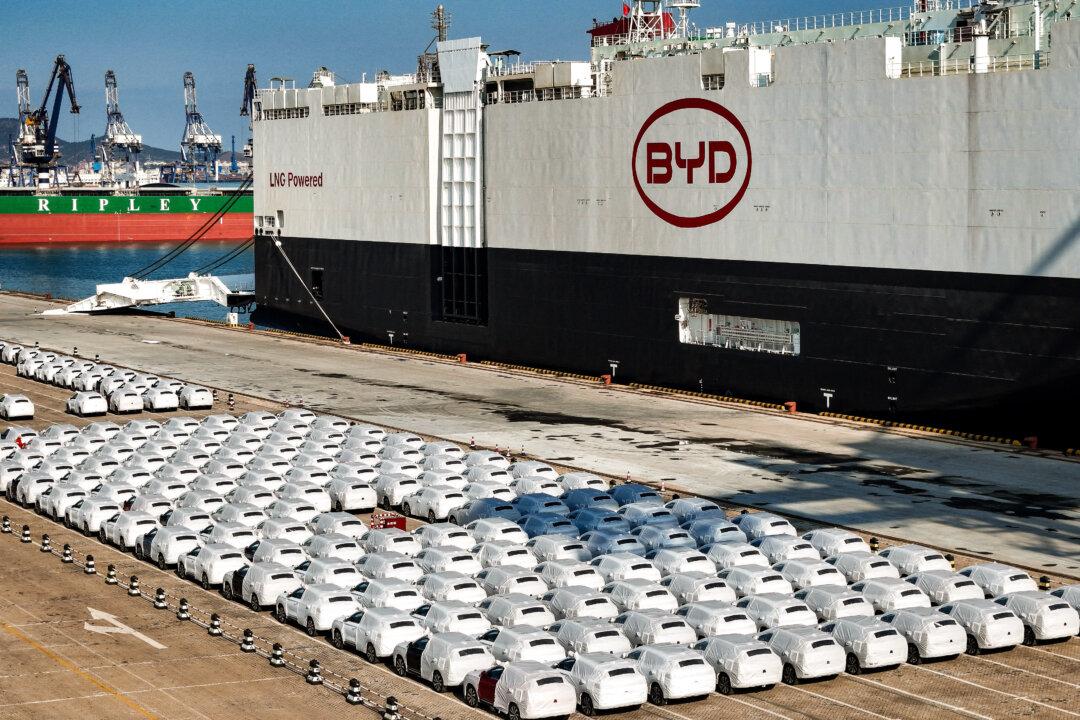China faces a myriad of problems. While well known, ranging from the economic to the demographic as well as others, analysts question Beijing’s inability to avoid widely foreseen pitfalls.
In early 2024, almost everyone recognized that the Chinese Communist Party (CCP) leadership faced many challenges, from a population set to collapse over the next few decades to a highly indebted country, from corporations to consumers and government. This has analysts puzzled at their inability to solve these widely foreseen problems, removing the sheen of Beijing infallibility that existed for so long.
Chinese and Western analysts typically identify and describe the problem but fall woefully short of any realistic prescriptive solution. Some call for Beijing to lower its debt burden by selling off key state assets, from bank ownership shares to infrastructure. Even if buyers could be found domestically or internationally for these strategic assets, which is enormously unlikely in the current environment, suggesting Beijing undertake a privatization scheme is politically dead on arrival. These solutions are entirely reasonable as a point of policy; as a realistic policy solution, they are pure fantasy.
So why can’t Beijing solve its problems of today?
The first reason is simply a matter of time. In 2017, Amazon CEO Jeff Bezos described the problem appropriately, saying: “When somebody ... congratulates Amazon on a good quarter ... I say thank you. But what I’m thinking to myself is ... those quarterly results were actually pretty much fully baked about three years ago.”
If major companies such as Amazon produce solutions to problems three years before the results are seen, what is the time lag for a country?
For years, China has known about its demographic problems. According to the World Bank, China dropped below replacement rate fertility in 1991. Today, its fertility rate ranks 198th out of 204 states or countries covered by the U.N. Population Fund, with a fertility rate of only 1.2. China only dropped its draconian one-child policy in late 2015, nearly 25 years after it fell beneath the population replacement rate. In early 2024, any pro-population policies are likely only to make marginal changes, dooming China to a population collapse the world has never seen before.
A similar story emerges with China’s mountain of debt. For years, Beijing has been talking about the need to restrain debt growth even as it boosted total debt in a state-owned authoritarian economy by more than twice the economic growth rate. Now, China’s debt problem is so severe that it merely hopes to avoid a significant event or crisis. Like its demographic problems, Beijing cannot fix the issues it has known about for years; it can only prevent catastrophe. Changes were needed years ago.
So if Chinese technocrats knew about the problem years ago, why is it difficult to make changes?
There are a few reasons. In authoritarian systems, rank and file or even senior workers worry about bringing bad news to the leader for fear of what might happen. When former Chinese Premier Li Keqiang famously remarked that he did not trust Chinese GDP data, he wasn’t merely commenting on arcane economic accounting methodology but rather the incentives and trustworthiness of Chinese technocrats. All the way to the top, each worker is creating a truth they believe those above them wish to hear regardless of its relationship to the truth.
Government policy creates winners and losers. For all the years Beijing has talked about reducing its dependence on debt-fueled growth, state-owned enterprises and local governments have warned about what will happen if they cannot keep piling on debt. The CCP simply isn’t willing to put a significant amount of people out of work to drive economic dynamism. So the authorities avoid creating losers at an individual level by creating a socialized loser of excessive debt. When every question in a nation-state is subject to authoritarian preference, the answers do not always make sense.
So how will the CCP address China’s problems?
By delaying the inevitable and hoping there will be no major crisis or event. There is no way to solve issues such as demographic decline or collapse in the case of China, and the debt problems. The CCP just hopes to prevent a crisis.
When people weigh the tradeoffs, they ask themselves whether they should tell the truth or tell the “great leader” what he wants to hear. Most people value staying out of prison more than speaking the truth.







